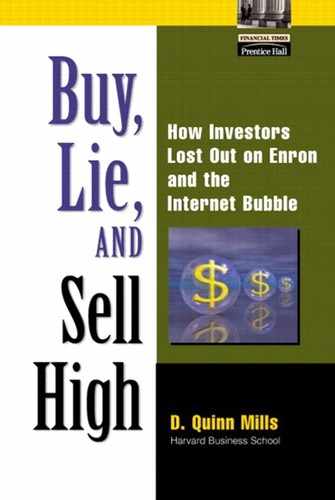How Their Own Rules Were Changed by the Venture Capital Firms
Perhaps the most important change in the traditional rules of the venture firms was the rush to take companies to IPOs. This caused VCs to alter their criteria for investment from building a sustainable business to finding a model that could be floated to the public quickly. When Net mania hit, they abandoned that approach and began rushing companies onto the public market with the ink barely dry on the business plans.
Why was this? In part it was because older venture firms had inducted many younger partners who may not have known any better and because there were many new venture firms that had no experience of the past to guide them. Among these new venture firms were many established by large corporations.
Another key factor was that some venture firms were able to create for themselves the sort of incentives familiar to investment banks, which push for IPOs rapidly, regardless of long-term consequences, because they are paid up front in fees. Venture firms were sometimes similarly able to get out quickly after an IPO either by virtue of short lockup periods or by distribution to their partners before the IPO.
The new rules for venture investment that accompanied the bubble can be stated as follows: Invest in any plan—there's no need to know the people or for them to have a track record—which meets the following criteria:
The budget is sufficient to build a team and get some brand recognition within a year;
The entrepreneur has a story about the business which can be sold to Wall Street and thus to investors;
The company has a management team that can do a road show; and
All the above can be in place for an IPO within nine months.
So to the entrepreneur the venture firm would propose, not a steady build-up of a solid business, but instead, the following:
A big investment, fast, to give semblance of a business;
A fast ramp up via lots of hiring, advertising, and site-building at whatever it cost;
Focusing on creating a good story for Wall Street to build expectations of a high valuation;
Early contact with an investment bank to drive an early IPO (within nine months); and
A fast end to lockups so that VCs and other early investors can get their money out fast.
